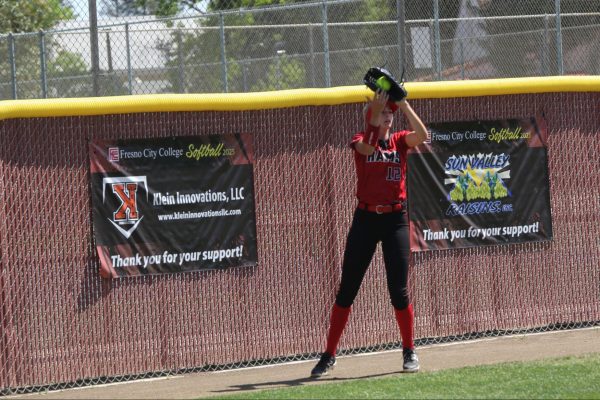When Athletes Get Involved in Political Movements
Professional athletes are in a unique position today, unlike at any time previously.
With a single tweet, post on Facebook or Instagram, these celebrity athletes can make an enormous impact on the way that people think and even what they do.
With the amount of followership and power they have, it would be easy to criticize athletes when they do not speak out on important issues.
While it may be easy to judge them on their actions, it is important to understand the way these athletes live and why they may resist using their platform to address certain issues.
There doesn’t seem to be a right or wrong answer to the question of whether athletes should speak up for or against social issues.
It may sound selfish, but star athletes typically have a public persona to uphold.
Taking a public stance on a controversial topic may lead to loss of endorsements, and therefore financial sacrifices.
Michael Jordan is a prime example. For years and years, especially in the 90’s, Jordan was criticized for not speaking out on racial issues. At the time, he was arguably the most famous and powerful athlete in the world.
He had everything to lose, and not a whole lot to gain from taking a controversial stand on a topic.
He could have lost endorsements with Nike, McDonald’s, Gatorade and other big name brands if he said something that people did not like.
FCC philosophy and ethics instructor, Wendell Stephenson, said that there is nothing wrong with this mode of thinking.
In fact, he says we all think this way to an extent.
“Most of us are heavily influenced by what pays the bills and what enable us to build up our savings and make a good life for ourselves,” he said.
“It would be natural and perfectly understandable for anybody to think twice about saying something that is going to be controversial that might result in significant financial loss.”
This is one reason why Colin Kaepernick should be admired for kneeling down during the national anthem before his team’s games.
He may not have as much to lose as before when he was the starting quarterback for the San Francisco 49ers, but he still is endorsed by such companies as the Apple-owned Beats headphones.
The problem with this situation is that we all want the answer to be black and white, yes or no, should they or shouldn’t they.
Generally, that is not the way that life works. There is seemingly always some gray area on what is the right and the wrong thing to do.
We also need to remember that people look at things differently, depending on many things, but issues involving race are a large component of many discussions about social issues.
Ria Williams, a humanities professor at FCC, offers a different perspective than Stephenson.
Williams stated that athletes do need to do all that they can to speak out because of their considerable influence, and that not doing so is wrong.
“There are a number of ways that you can do it. I think to not do it at all is morally deficient, because people do look to you as an example,” Williams said.
“People do look to you for your opinions about things and how you feel as a member of that culture.”
Stephenson countered that athletes who speak on issues of public importance are in a no-win situation.
“Part of the issue is, if a professional athlete says something that I don’t think is helpful and may even be harmful, then I wish he hadn’t spoken,” he said.

Michael Ford is 25 years old and is currently in his third semester at Fresno City College and is in his second semester on the Rampage staff, first as...





